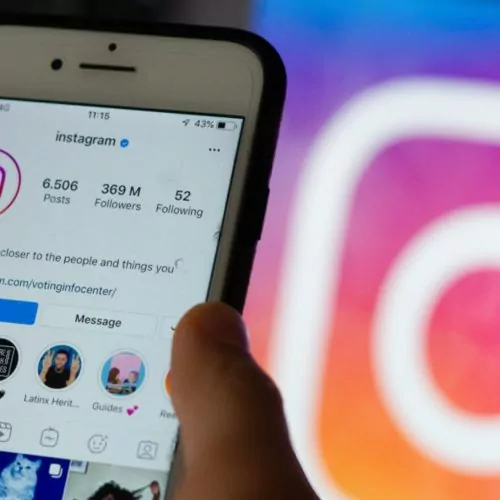For the most part, social media has been known to be a cesspool of toxicity. Twitter is said to be particularly toxic for women. Snapchat’s filters triggered distorted beauty ideals, directly causing an acute form of body dysmorphia. But it’s not all bad. A new study has proven that sharing selfies on Instagram actually makes people happier.
Published in psychology journal, Human Behavior and Emerging Technologies, the new findings show that there is a positive link between the number of selfies a person shares on Instagram and their happiness. Yes, that means the more thirst traps you post the happier you’ll be.
“Past research has revealed mixed findings relating to the relationship between the use of (social media) and well-being,” explained Julie Maclean, one of the researchers.
But their study proves that as toxic as social media can be, it’s also a source of great reward. To reach the findings Maclean asked survey participants a simple set of questions: “What types of photos are shared? What types of responses are generated from different types of photos? How do these responses change mental health aspects and improve overall well-being?
“Photos shared with faces (alone or with friends, including faces regardless of age or gender) are the most popular type of photos and were statistically more likely to receive social rewards than those without” the study reveals. “Thus, sharing photos of oneself may increase social rewards and increase levels of well-being.”
But while selfies may make people happier, that doesn’t mean they’re entirely healthy. The findings join a mixed set of reviews by psychologists on the concept of selfies.
A 2019 study found that selfies are also linked to ‘grandiose narcissism’. The researchers studied 470 Americans and 260 Lebanese students to come to the findings, concluding that selfies cause an over-inflated ego and a sense of self-importance, especially for women. So post at your own risk.









